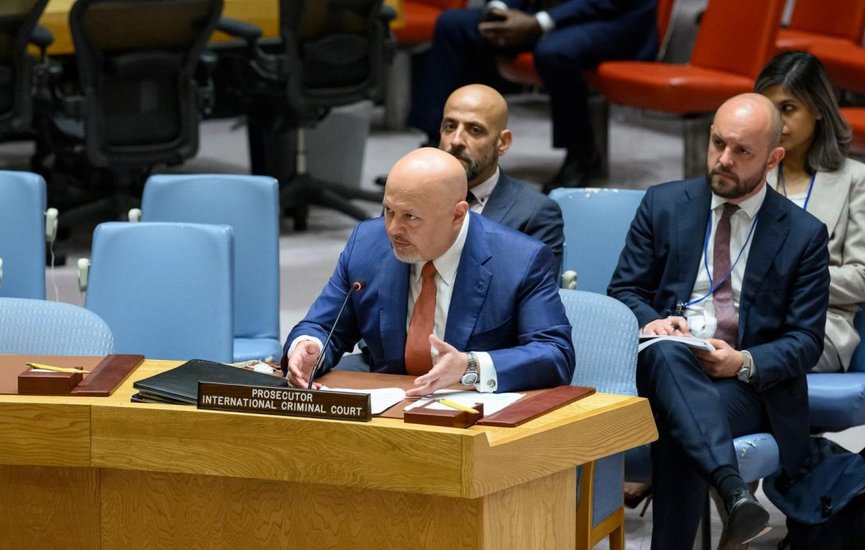A newly released report by the European Council on Refugees and Exiles (ECRE) has cast a harsh spotlight on the fatal consequences of the European Union’s externalisation policies, which delegate migration control to third countries such as Libya. The report documents a troubling rise in violent attacks by Libyan authorities against migrants attempting to cross the Mediterranean, including a recent assault on a vessel. These incidents have prompted calls for the International Criminal Court (ICC) to investigate whether European officials may bear responsibility for enabling crimes committed by Libyan forces against people on the move. The allegations raise serious questions about the legal and ethical implications of the EU’s migration strategy, which critics argue prioritizes border security over human rights.
The release of the report coincides with a joint Libyan delegation’s visit to Brussels and Warsaw, where officials met with European counterparts to discuss migration cooperation. The timing of the visit has drawn sharp criticism from human rights advocates, who argue that continued engagement with Libyan authorities, despite mounting evidence of abuse, signals tacit approval of their actions. The delegation’s presence in Europe has reignited debate over the EU’s partnerships with regimes accused of violating international law, and whether such alliances compromise the bloc’s commitment to human dignity and accountability.
Adding to the urgency, Libyan authorities have been accused of attacking another vessel in the Mediterranean, further underscoring the dangers faced by migrants and the apparent impunity with which such acts are carried out. The NGO report reveals a pattern of escalating violence at sea, with Libyan forces increasingly using aggressive tactics to intercept and detain migrants. These actions not only endanger lives but also violate maritime law and international conventions protecting asylum seekers and refugees. The report’s findings have intensified pressure on European institutions to reevaluate their support for Libyan border enforcement and to ensure that migration policies do not facilitate or condone abuse.
Amid these developments, the European Union and Egypt held their first-ever summit in Brussels, signaling a deepening of strategic ties focused on regional stability and migration management. Egyptian President Abdul Fattah al-Sisi met with European Council President António Costa and European Commission President Ursula von der Leyen to discuss cooperation on security, energy, and migration. While the summit was framed as a step toward stronger bilateral relations, it also drew criticism from civil society groups concerned about the EU’s growing reliance on authoritarian governments to manage migration flows. These concerns echo broader fears that the EU’s externalisation approach risks undermining its foundational values and exposing vulnerable populations to harm.
Together, these events paint a complex and troubling picture of Europe’s external migration policies, which increasingly depend on controversial partnerships and enforcement measures that may breach international law. As calls grow louder for accountability and reform, the EU faces mounting pressure to ensure that its actions uphold human rights, protect lives, and reflect the principles it claims to champion. The unfolding situation demands not only legal scrutiny but also a moral reckoning with the consequences of outsourcing migration control to regimes with documented histories of abuse.
